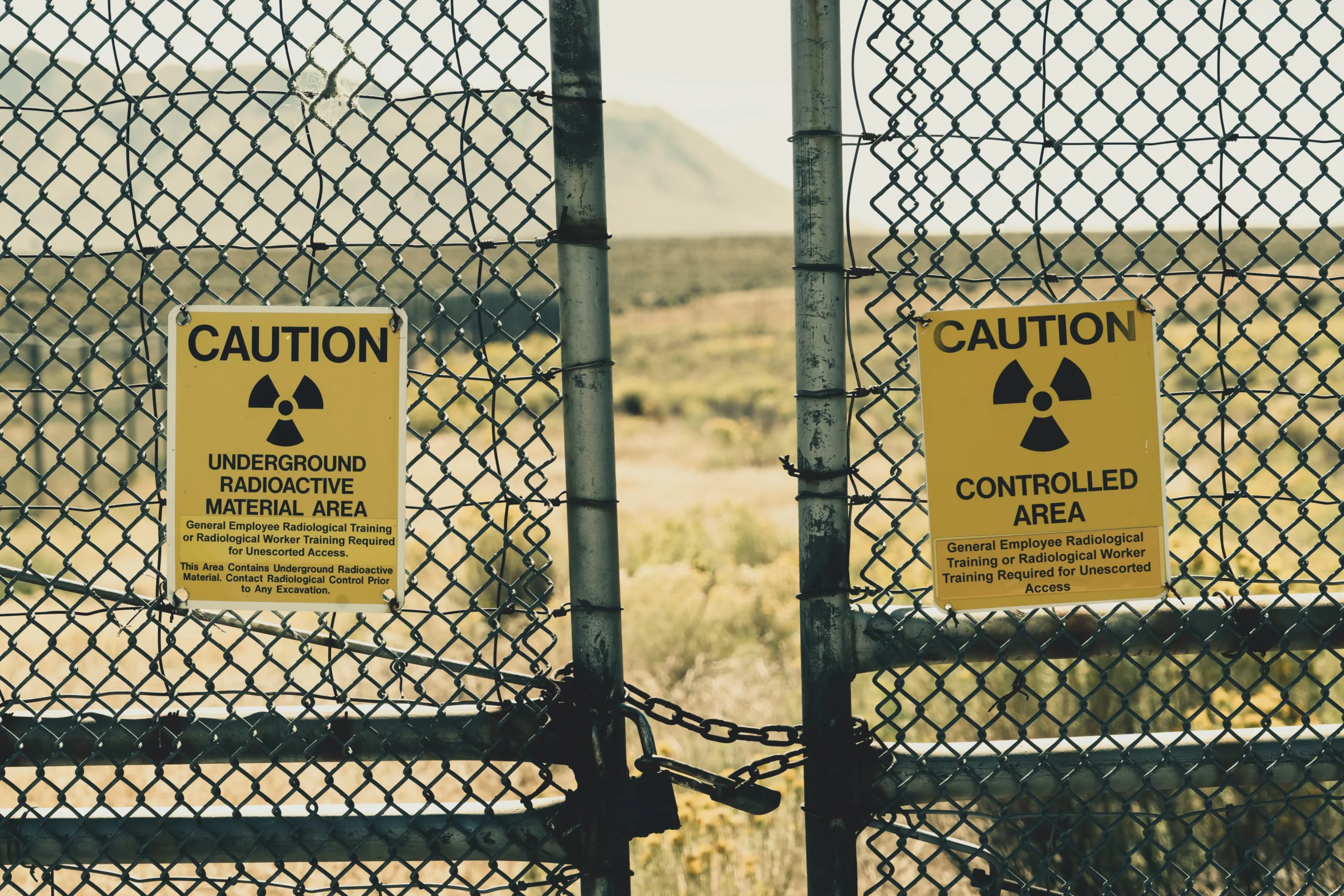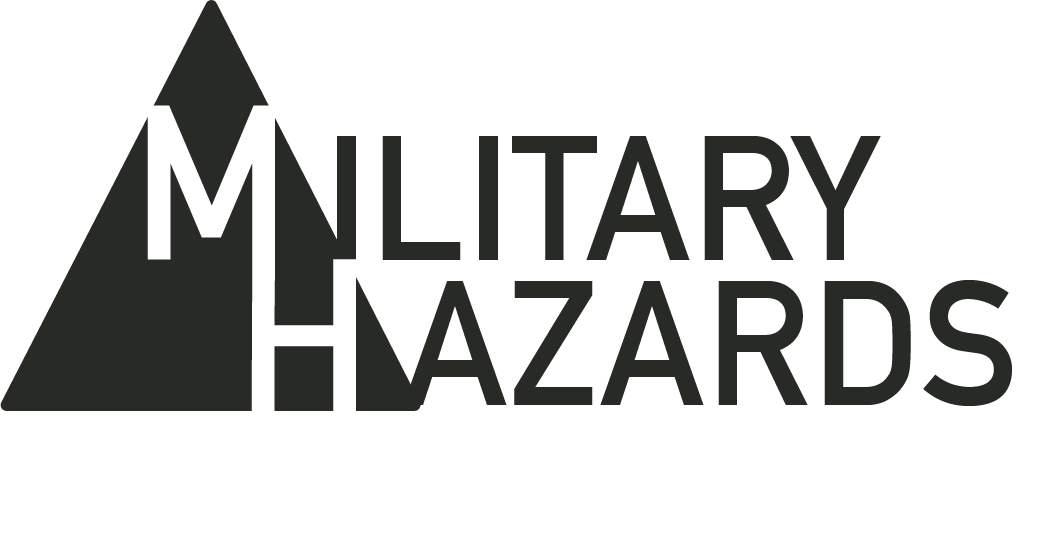Contact Our Legal Partner
"*" indicates required fields

The work of a nuclear technician involves working with or around radioactive materials and equipment that pose a significant risk to an employee’s health and safety. Nuclear technicians work in power plants, research facilities, and medical centers, where they perform many functions, including monitoring nuclear reactions, testing and maintaining equipment, and conducting research. Due to the extremely high level of potential danger involved, it is important for nuclear technicians to be aware of the occupational hazards associated with their work and take the precautions necessary to protect themselves.
Radiation Exposure
One of the main hazards associated with the work of a nuclear technician is exposure to radiation. Radiation exposure carries some of the most serious risks to an employee’s health and may lead to cancer, genetic mutations, along with a plethora of other serious health problems. The severity of the effects of radiation, however, depends on the amount of radiation an individual is exposed to, the type of radiation, and the duration of the exposure. Importantly, nuclear technicians may also be exposed to radiation through direct contact with radioactive materials or through exposure to radioactive gasses and particles in the air.

To protect themselves from radiation exposure, nuclear technicians are cautioned to wear personal protective equipment (PPE), including lead aprons, gloves, and face shields. They must also follow some of the most strict safety protocols implemented for employees, such as monitoring their exposure to radiation, keeping a safe distance from radioactive sources, and using protective shielding to reduce their exposure. Moreover, these employees should also be trained in emergency response procedures in case of a radiation accident or spill.
Electrical Shock
Another occupational hazard associated with the work of a nuclear technician is the risk of electrical shock. Nuclear technicians commonly work with high-voltage equipment, which poses a serious risk of electrocution. For this reason, employees must also be trained to handle electrical equipment safely and use proper grounding techniques to prevent themselves from electrical shock.
Chemical Exposure
Many chemical hazards are also a concern for nuclear technicians. They may work with hazardous chemicals, such as acids and other solvents, as part of their job function. Exposure to these chemicals can cause health effects like chemical burns and respiratory damage. Therefore, nuclear technicians must follow strict safety protocols, including wearing proper PPE and working in well-ventilated areas in order to prevent chemical exposure.
Physical Hazards
Physical hazards are yet another concern for nuclear technicians. They may be required to work in confined spaces, climb ladders and stairs, lift heavy equipment, and withstand extremely high temperatures. Such conditions can lead to strains, sprains, musculoskeletal injuries, heat exhaustion or stroke. To prevent these types of injuries, nuclear technicians must undergo rigorous training.
Psychological Hazards
Lastly, nuclear technicians may also face psychological hazards because of their unique work environment. Specifically, The high stress of working directly with and/or around radioactive materials and equipment, as well as the responsibility of ensuring the safety of others, can take a toll on their mental health. Nuclear technicians must, therefore, receive adequate support and resources to manage levels of stress and maintain their mental health.
The work of a nuclear technician is, no doubt, associated with several occupational hazards, including radiation exposure, electrical shock, chemical exposure, physical injuries, and psychological stress. To guard themselves against these hazards, nuclear technicians undergo specific and in-depth job training and follow strict safety protocols. They must also be provided with adequate support and resources to maintain their physical and mental health. By taking these measures, nuclear technicians can perform their jobs safely and effectively while minimizing their risk of injury or illness to themselves and others.
